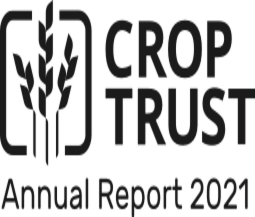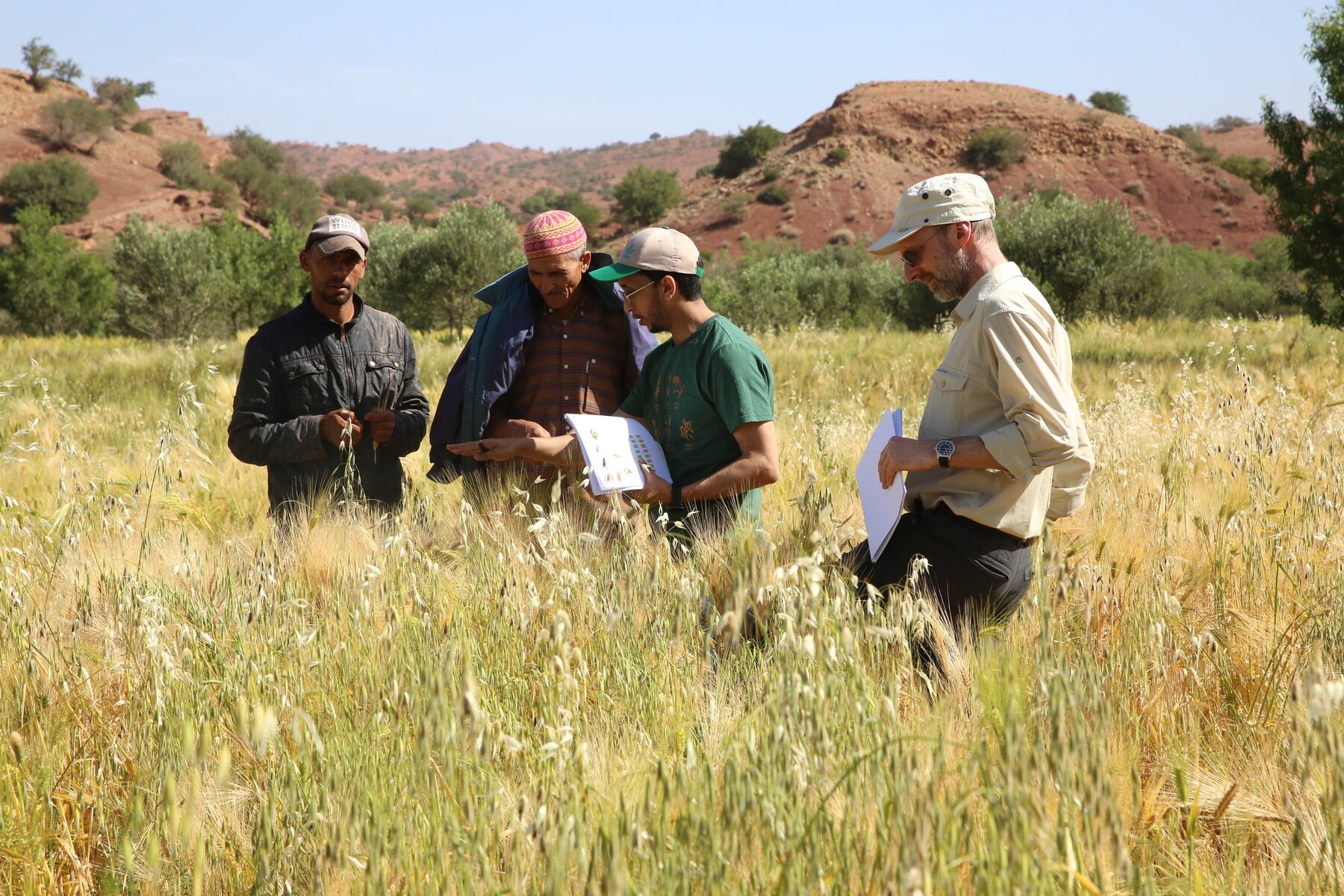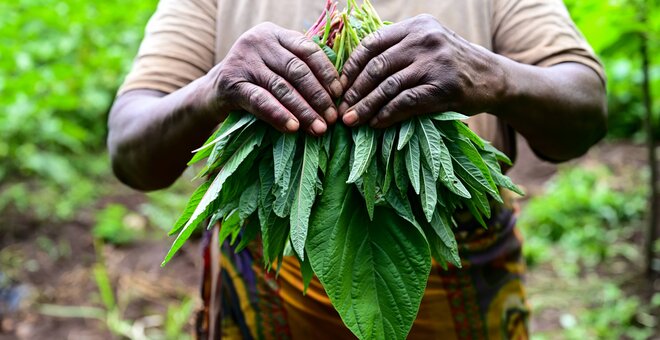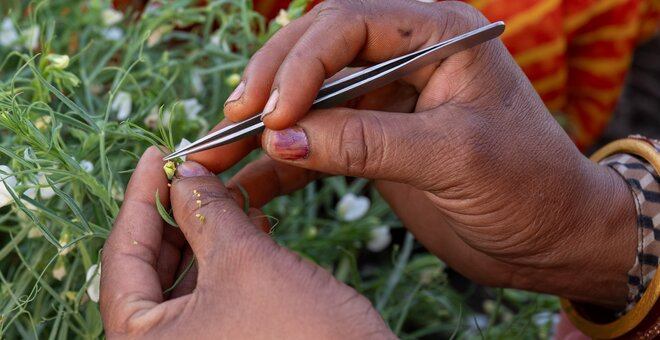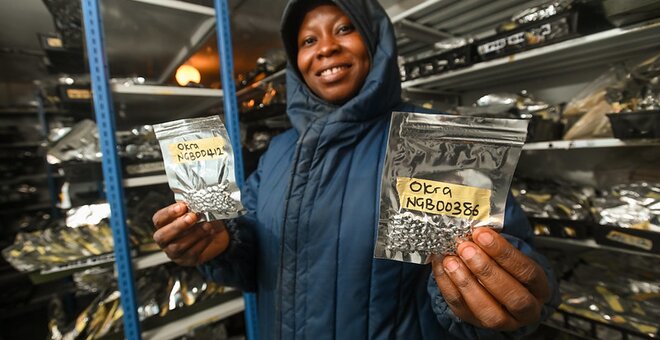BOLD Action Advances Conservation and Use
The Biodiversity for Opportunities, Livelihoods and Development (BOLD) project helps national genebanks safeguard crop diversity and make it available to breeders and farmers. BOLD assists pre-breeders and researchers in using the diversity in genebanks to develop new crop varieties to make smallholder farmers more resilient to climate change, thus strengthening food security and nutrition.
Capacity and Resource Development
In 2024, capacity development for national genebanks remained a central pillar of BOLD in collaboration with the CGIAR genebanks. Over 70 events targeting BOLD partners were organized throughout the year, reaching more than 500 participants. All activities, including on-site and virtual training sessions, webinars, workshops, and the provision of essential genebank equipment and supplies, were strategically designed to enhance the technical and institutional capacities of our genebank partners, ensuring they are well-equipped to manage and conserve crop diversity effectively and sustainably.
In June, BOLD partnered with the International Plant Treaty and the UN Climate Change Regional Collaboration Center Asia-Pacific to organize a workshop in Bangkok on the nexus between international policy for crop diversity conservation and climate change adaptation. This was a strategic opportunity to align genebanks with national adaptation plans (NAPs) as well as national biodiversity strategies and action plans (NBSAPs). In November, a workshop was held in Dubai, enabling BOLD partners to reflect on the first phase of implementation and plan for the second.
Making New Diversity Available
BOLD supports the development and use of new diversity of seven crops by breeders and farmers for climate change adaptation and food security in 20 partner countries.
In 2024, BOLD supported Kenyan farmers in selecting 124 late blight-resistant potato varieties with traits preferred in East Africa. In Peru, the second crop wild relative-derived variety, CIP-Asiryq, was developed through participatory breeding in the High Andes. Named from a Quechua word meaning “the one who cooks fast,” as well as the International Potato Center’s Spanish acronym CIP, it offers excellent processing qualities, appealing flavor, and cooks 25% faster than the traditional Yungay variety. Demand also grew for CIP-Matilde, another BOLD-supported variety, both showing strong potential for processing and farmer acceptance.
Grasspea participatory evaluation field trials continued with farmers in India, Bangladesh and Nepal. In Vietnam, farmer “seed clubs” in the Mekong Delta developed the Nông dân rice variety, derived from wild rice, and received the first Plant Variety Protection Certificate under the BOLD Project, protecting their right to market and be allowed to sell the variety.
During the year, BOLD highlighted the importance of using beneficial crop diversity conserved in genebanks at many events around the world, including the German Plant Breeding Conference and the first International Lathyrus Day.
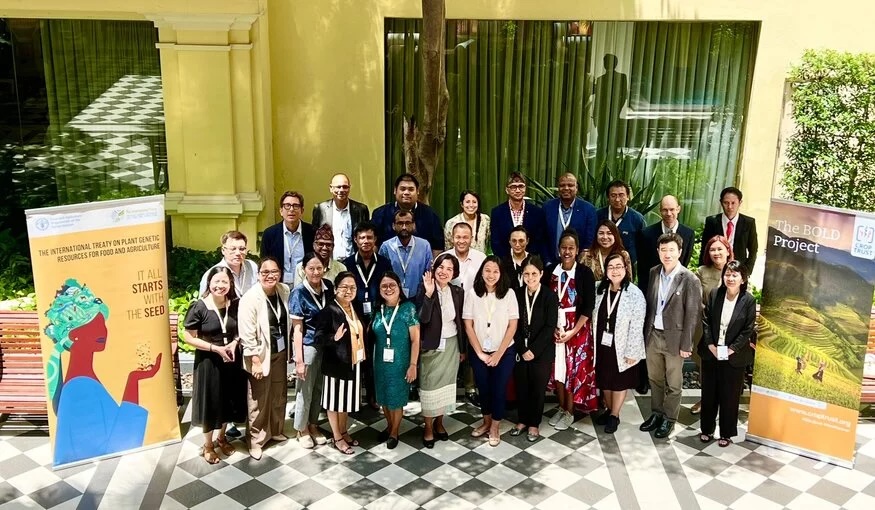
Participants discussed crop diversity policy and climate change adaptation at a workshop organized with the UN Climate Change RCC Asia-Pacific in Bangkok.
Genebanks and Seed Systems
An important component of BOLD led by the Norwegian University of Life Sciences (NMBU) focuses on how to make crop diversity more easily accessible to farmers. In 2024, research was undertaken in four countries – Bhutan, Ecuador, Tanzania and Uganda – to understand the functioning of seed systems, including the role of the national genebank.
Project launch workshops were held in all four countries with research partners and a wide range of stakeholders. NMBU and its partners co-developed the Seed Systems Toolkit, comprising a methodological framework and data collection tools. The toolkit was pre-tested in selected communities in the four countries and underwent an ethical review before being finalized and published. By the end of 2024, draft seed-system assessment reports were produced for all four countries.
Roundtable workshops with seed system actors were also held in Bhutan, Ecuador and Uganda to validate the seed system assessment findings and prepare the final reports. The research findings are used to inform the development of pilot projects for strengthening linkages between genebanks and seed systems, to be carried out in the second phase of BOLD starting in 2025.
Safety Duplication at the Svalbard Global Seed Vault
BOLD also supported regeneration of crop diversity in countries eligible for official development aid, leading to long-term safety back-up in the Svalbard Global Seed Vault.
By the end of 2024, almost 42,000 accessions of key crops were regenerated and almost 24,000 accessions deposited in Svalbard by 29 partners from 24 countries. Twenty-five partners made deposits for the first time with BOLD support. These partners were not just national genebanks but also universities and local NGOs.
Beyond seed regeneration and safety duplication at two levels, partners received essential equipment and infrastructure improvements such as freezers and moisture meters that enhance storage and ensure long-term conservation of crop collections. BOLD provided critical capacity-building support. Staff, students and farmers have benefited from training programs, while seed fairs and field days fostered seed exchange and collaboration. The project has also strengthened genebank networks, expanding partnerships between national and international institutions and raising awareness of crop diversity conservation.
“The project has helped secure the germplasm conserved at the national genebank. The genebank was at the point of losing its valuable and unique germplasm, if not for the support of the Crop Trust through BOLD. The financial support came at the right time and has helped secure a thousand-plus accessions whose germination was below 50% and were not duplicated with any genebank.” Dr. Nolipher Mponya, MPGRC Malawi.
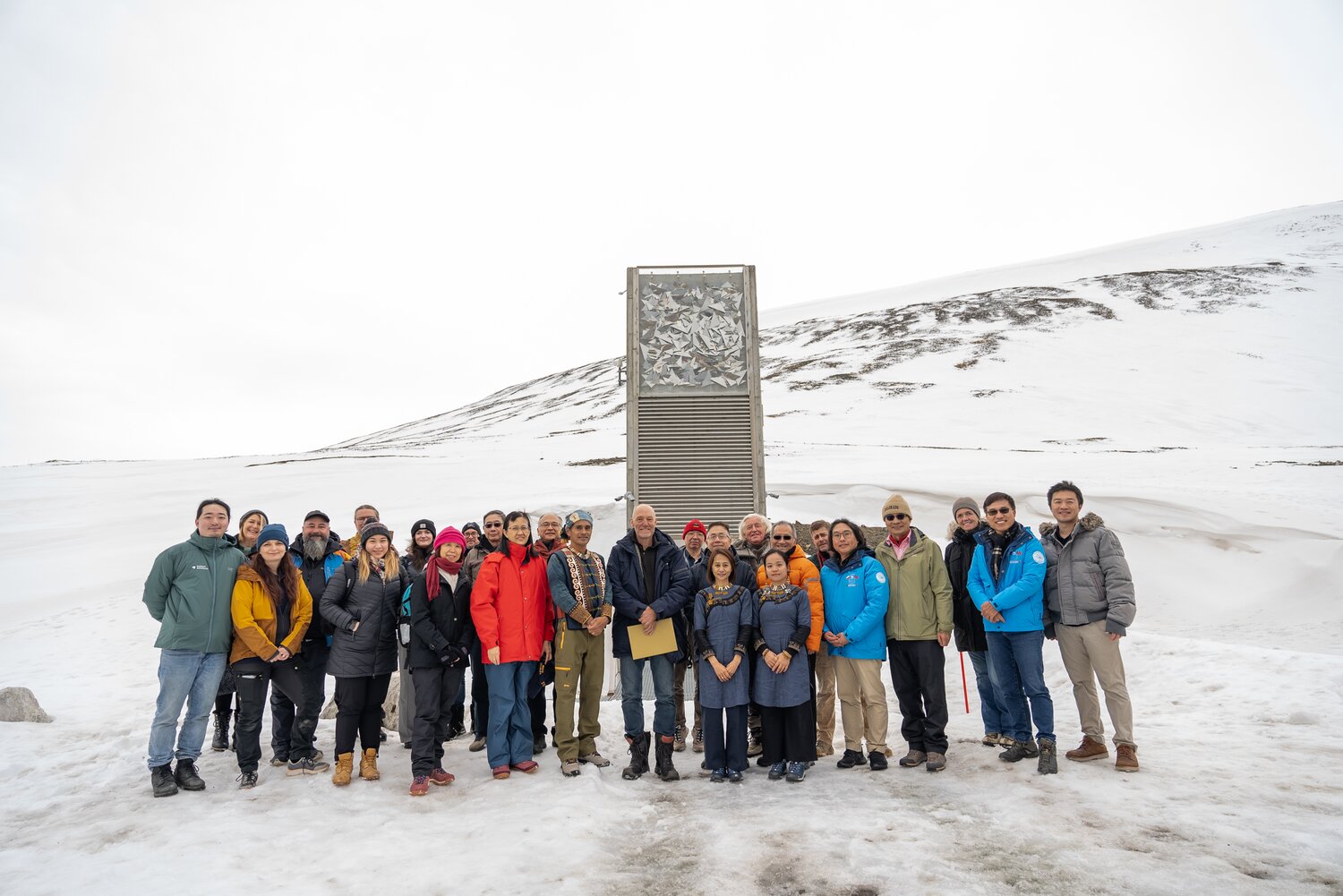
The Taiwan Agricultural Research institute deposited Foxtail millet traditionally grown by Taiwan’s Paiwan people into the Svalbard Global Seed Vault. Photo: Go Explore Planet.
Communications, Engagement and Outreach
In 2024, BOLD captured the success stories of its partners around the world through images, podcasts, and videos shared with our audiences via the Crop Chronicles campaign, the Communications Community of Practice, and at a media event in Kenya. Genebank experts and the BOLD community learned about messaging, storytelling and social media reporting.
BOLDER
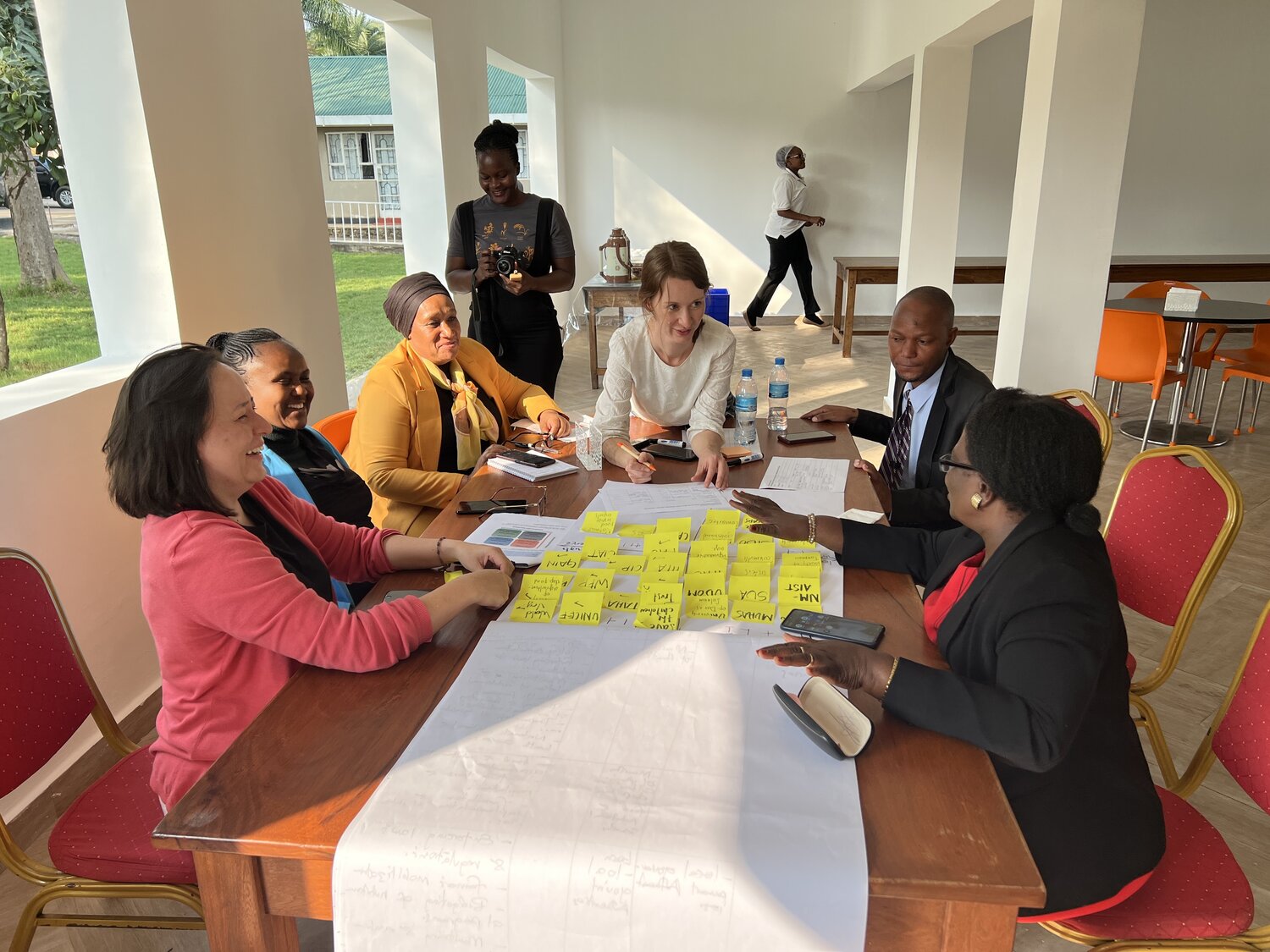
Participants evaluate different opportunity crops during a BOLDER stakeholder meeting to select crops in Tanzania.
Building Opportunities for Lesser-known Diversity in Edible Resources (BOLDER) activities ramped up in 2024. This initiative works with partners in four African countries to enhance the conservation, production and consumption of crops that are nutritious, resilient, environment-friendly and important for local communities, but have been relatively neglected by research and development. These are also called opportunity crops.
More than 250 participants attended stakeholder meetings in Benin, Ghana, Tanzania and Uganda. Through participatory exercises, stakeholders selected four opportunity crops per country, on which the BOLDER will now center its activities.
Information on these crops is provided in the Opportunity Crops Knowledge Base that BOLDER launched in December 2024. The Knowledge Base also contains around 1,500 peer-reviewed articles about the project’s prioritized crops.
In addition, BOLDER partnered with Makerere University in Uganda and the University of Abomey-Calavi in Benin to announce scholarships for eight PhD positions to develop the capacity of African researchers, practitioners and food-system actors to improve the use and value of opportunity crops.
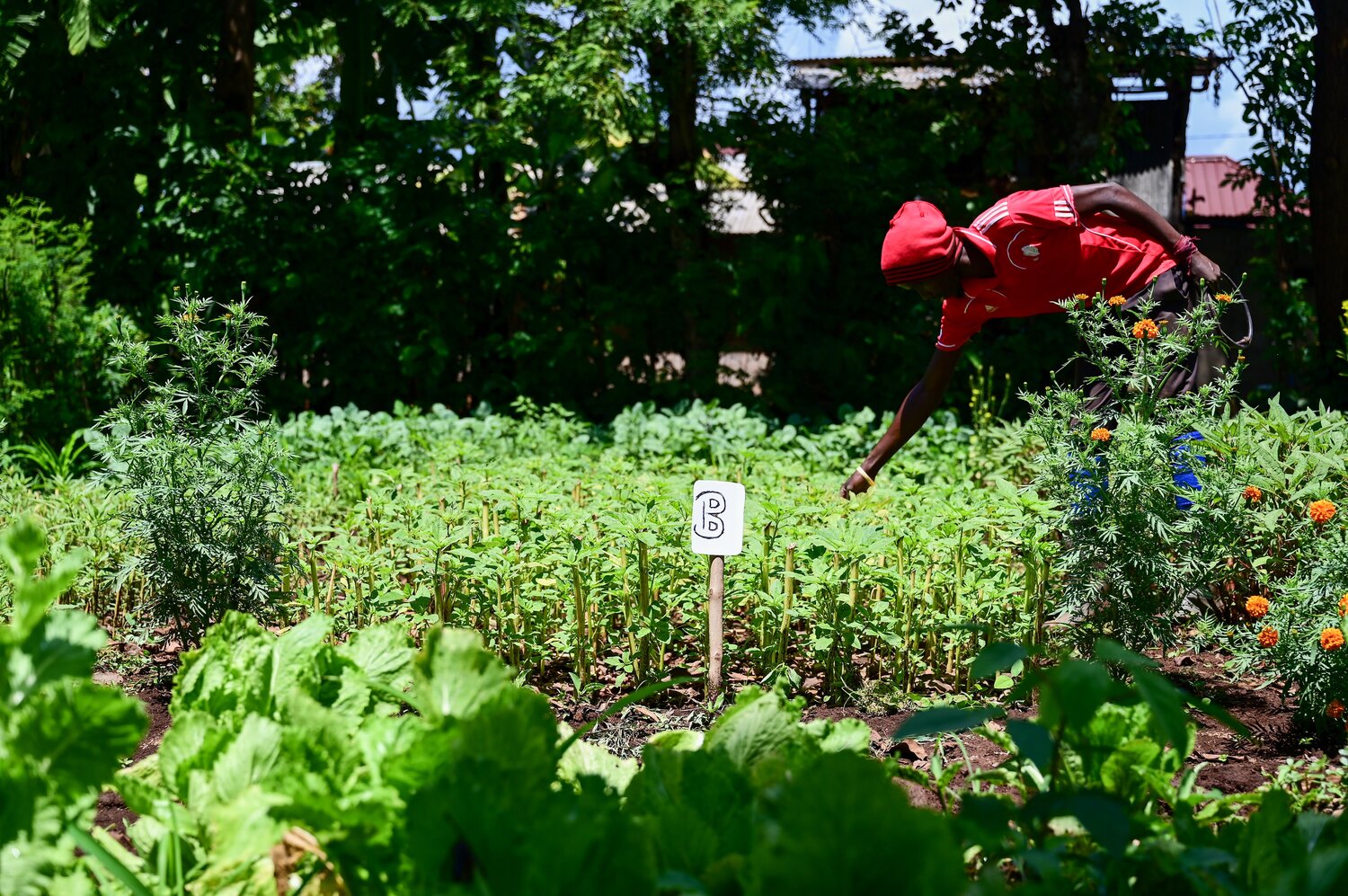
A farmer in Kimashuku District, Kilimanjaro Region, Tanzania, checks one of this three Tricot plots of amaranth as part of the BOLDER project. Picture: Neil Palmer/Crop Trust
Biodiversity for Opportunities, Livelihoods and Development (BOLD) is a global 10-year project funded by the Government of Norway that builds on the successes of the Crop Wild Relatives Project. Discover more
Related news and resources
Giving Crops an Opportunity: Crop Trust Launches the Power of Diversity Funding Facility
Bonn, Germany, 19 March 2025 – In line with its mission to ensure the long-term conservation and availability of all crop diversity, the Crop Trust has launched the Power of Diversity Funding Facility (PDFF). This transformative...
19 Mar 2025
Unlocking Hidden Gems: a BOLD Journey to Resilient and Diverse Crops
What do alfalfa, barley, durum wheat, finger millet, grasspea, potato, and rice have in common? They’re all included in the Crop Trust’s BOLD project, which works to expand their genetic diversity.
3 Jul 2024
Crop Trust dares to be BOLDER with expansive initiative in Africa
Dubai, United Arab Emirates, 10 December 2023 — As the world comes together to urgently chart a better course forward for climate action at COP 28 in Dubai, the Crop Trust is proud to announce the launch of the BOLDER (Building...
10 Dec 2023
